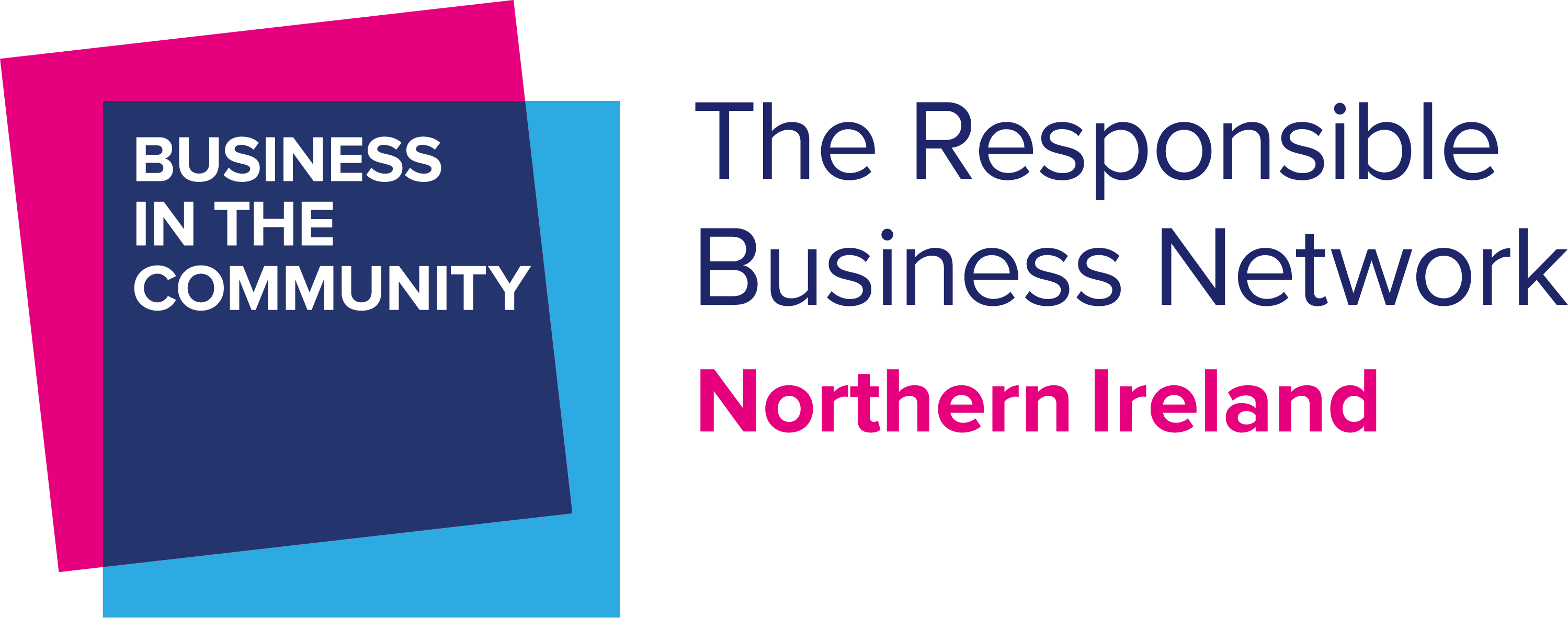Why are alcohol and the workplace the perfect mix?

 What do you think when you hear the words ‘alcohol’ or ‘drink’? What about when alcohol misuse is mentioned? Do your thoughts quickly turn to the stock image of an alcoholic – someone out of control, probably with no job, no prospects, family problems, or maybe homeless? Definitely someone very different from you.
What do you think when you hear the words ‘alcohol’ or ‘drink’? What about when alcohol misuse is mentioned? Do your thoughts quickly turn to the stock image of an alcoholic – someone out of control, probably with no job, no prospects, family problems, or maybe homeless? Definitely someone very different from you.
Business in the Community has partnered with Addiction NI over the last three years to deliver Drink, Work and Me, a Big Lottery-funded workplace initiative designed to raise awareness and to challenge common behaviours relating to alcohol use. Hearing ‘alcohol’ and ‘work’ in the same sentence can often raise eyebrows: the two are rarely associated – certainly not in a positive way.
But that’s exactly where we are going wrong. Alcohol misuse is not confined to the extremes and is often a taboo topic when it comes to workplace etiquette. However, I think this is exactly where we should be having open and frank conversations – just as we would about healthy eating, smoking, physical activity, mental health and all other areas of employee wellbeing.
Preliminary findings from the Drink, Work and Me programme indicate that 72% of staff who completed the training programme reported being more aware of the impact of alcohol. Michael’s story, which follows, is a stark reminder that not everyone who misuses alcohol is an alcoholic, and not everyone who is an alcoholic fits the stereotypical mould:
“I left school without any clear idea about my long-term career; at the age of 17, I began my first job in sales. But the transition to adulthood was not easy: with pressure at work to achieve targets and with ongoing sleep problems, I found myself in a vicious cycle of unhelpful thoughts, feelings and behaviours. It was around this time that I began misusing alcohol.
As time went on, I was using alcohol more regularly. My job was mainly commission-based, with targets and incentives, so I put a lot of pressure on myself every month to achieve these. Heightened anxiety, financial pressures, and growing responsibility at work resulted in alcohol becoming a way of helping me cope, although – in hindsight – I know now that I was just making my problems worse.
After a while, my alcohol use started to become a problem at work. I began to avoid interactions with customers, as I was scared they could smell alcohol. I was becoming physically unwell, and my manager had conversations with me about my appearance. Despite these warning signs, I was still performing in my job and was still hitting my targets, which resulted in a promotion; however, this added a further responsibility: managing other staff.
As I had less of a customer-facing role, and with most of my interactions with colleagues taking place over the phone, I was able to hide my alcohol use much easier. However, my new role brought with it a different set of challenges and responsibilities, and I put myself under even more pressure, leading to even more alcohol use. As my problems escalated, I received a drink-driving charge, which meant I lost my licence, and as driving was a key part of my role, I lost my job.
The loss of my job came during an extremely difficult and distressing time in my life – and things could have gone a very different way at this point. However, having accessed the rehabilitation services through Addiction NI and Alcoholics Anonymous, I am now in recovery and have recently passed my driving test again. I am keen to get back into work, to educate myself, and to help others. The stigma around addiction and the lack of understanding within the workplace prevented me from recognising that I needed help earlier. I hope that workplace culture can move past stereotypes and can cast aside the typical fear and unwillingness to be open about alcohol use. It’s not so unlikely for alcohol users to move from use to misuse, but anyone who is experiencing something similar should recognise that there is help out there – and there is hope . . . recovery is possible.”
We would like to thank Michael for sharing his story with us, as it further reinforces the damaging impact alcohol misuse can have. While each individual case is different, when it comes to alcohol use and misuse, employers can support their workforce by giving them the tools to know the difference and can signpost them to organisations that can help, should they ever need it.
If you are an employer and would like more information about how your workplace can raise awareness and can provide training on alcohol use, through our Workplace campaign, contact Amy Kieran directly.


